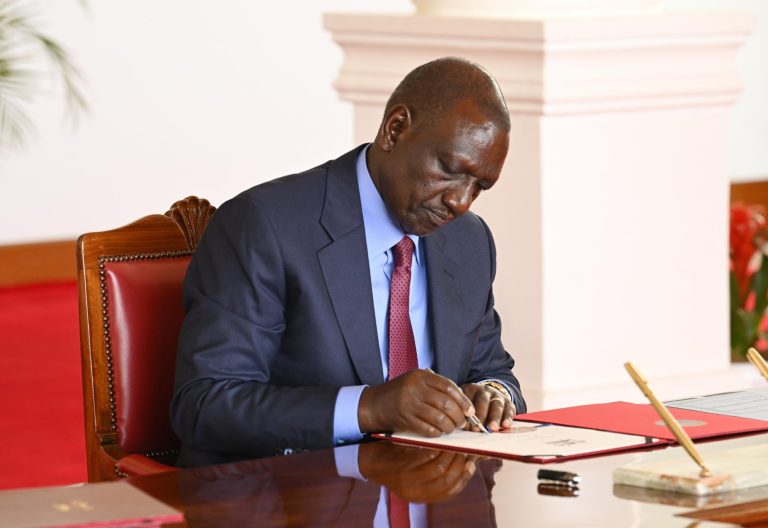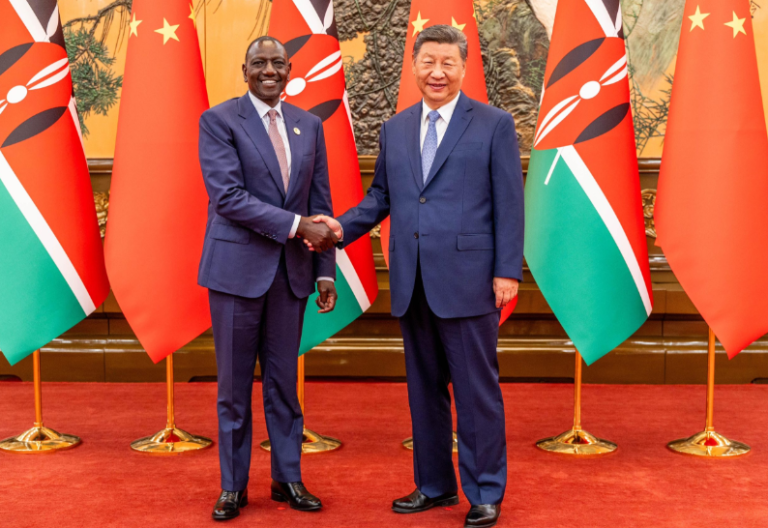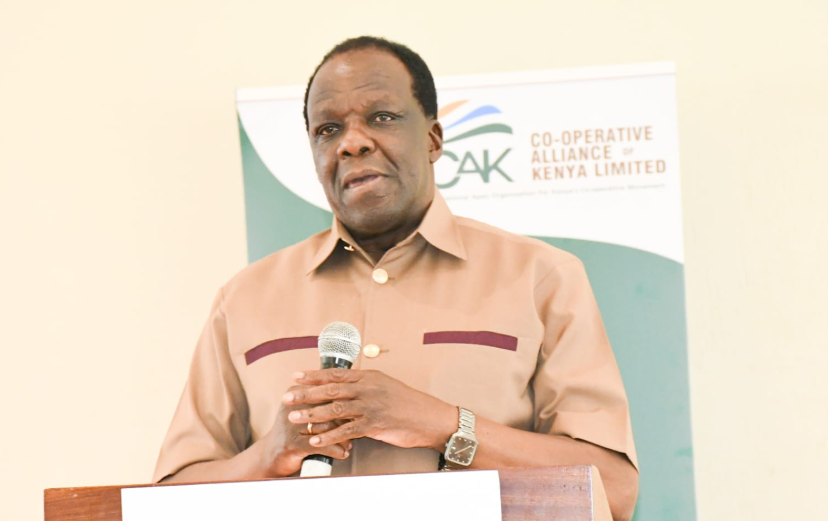Why State is tightening screws on parastatals

The government has implemented measures to address the mounting pending bills, which reached Sh94.4 billion among targeted corporations as of March 2024, in a bid to streamline operations and improve fiscal discipline.
This effort includes reducing the number of state corporations from 271 to 222 through mergers, dissolutions, and divestitures involving 49 corporations. The reforms aim to curb wasteful spending, enhance operations efficiency and tackle the ballooning public debt, which has placed significant strain on the economy.
According to a Cabinet dispatch, these measures were approved during its first meeting of 2025, held on January 21 in Kakamega county, following an assessment of state corporations by the National Treasury. The review excluded corporations slated for privatisation.
State corporations have faced difficulties meeting their financial obligations, with many contributing to the accumulation of pending bills. By March 2024, these bills totalled Sh94.4 billion.
Under the reform plan, 42 corporations with overlapping functions will be consolidated into 20 entities to eliminate redundancy.
“Nine State Corporations will be dissolved, with their functions transferred to relevant ministries or other State entities, while 16 corporations with outdated functions that can be provided by the private sector will be divested or dissolved,” the dispatch reads in part. “Additionally, four public funds currently classified as State Corporations will be declassified and returned to the relevant ministries with a strengthened governance framework.”
Nine corporations will be dissolved, and their functions transferred to ministries or other entities. Six corporations will undergo restructuring to align with their core mandates, while 16 with outdated roles will either be divested or dissolved.
Additionally, four public funds classified as state corporations will be declassified and integrated into ministries, with strengthened governance frameworks. “The State Corporations’ pending bills include payments due to contractors/projects, suppliers, unremitted statutory and other deductions, and pension arrears for Local Authorities Pension Trust,” the report reads.
Economic growth
These debts divert funds away from development projects, hindering economic growth.
For example, the Controller of Budget reported that as of September 30, 2024, state corporations and ministries accounted for Sh410.69 billion and Sh117.67 billion, respectively, of the Sh528.36 billion in pending bills.
The Ministry of Roads and Transport alone contributed Sh180.9 billion, the highest among all government agencies.
Some state corporations have become financial burdens to the government. For instance, the National Oil Corporation of Kenya (NOCK) recently requested a Sh1.5 billion bailout after defaulting on a Sh1.2 billion loan to KCB Bank and accumulating an additional Sh320 million in liabilities.
Despite persistent losses, NOCK has struggled to achieve financial sustainability, reflecting broader challenges within state entities.
Ministries have also faced criticism for wasteful spending on non-essential items such as travel, entertainment, and allowances, which undermines efforts to boost economic growth. The International Monetary Fund (IMF) has warned that such inefficiencies, coupled with rising debt, threaten development, investment, and long-term debt sustainability.
Concerns have been raised about potential job losses among employees of affected corporations. However, the government has assured workers that they will not lose their jobs and will be absorbed into the Public Service Commission.
Public reactions to the reforms have been mixed. Some citizens support the changes, viewing them as necessary for reducing inefficiency and saving taxpayer funds.
Others remain skeptical about the government’s ability to implement the reforms effectively, with calls for further consolidation, particularly in the energy sector.














